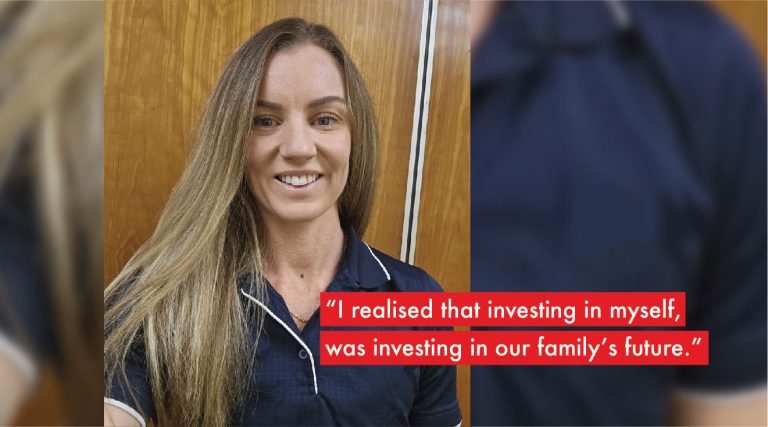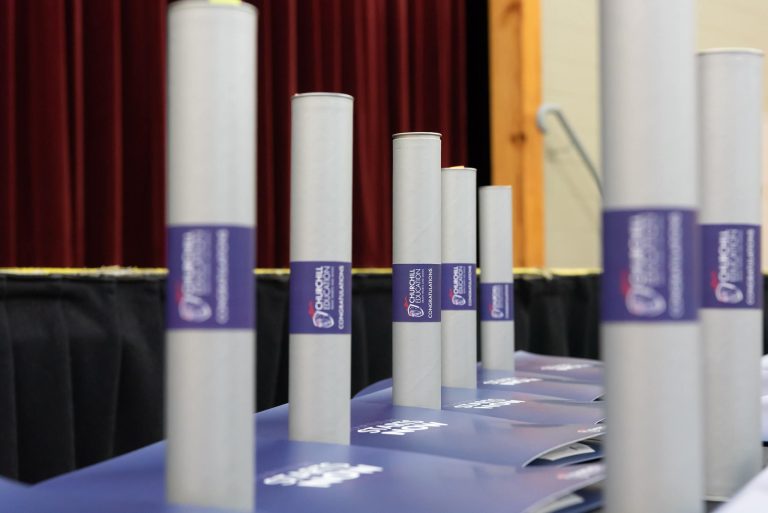You might think that it’s pretty obvious how to behave in job interviews.
After all, the same basic rules of human interaction and courtesy apply, right?
But, our Human Resources Manager, Helen Rogerson, says it’s surprising how poorly people conduct themselves when they are put in the high-pressure situation of a job interview. ‘I’ve seen people come to interviews for senior management positions reeking of alcohol and looking disheveled. I’ve rung people to arrange interviews and their phone manner has been so terrible that I’ve changed my mind and not gone ahead with the interview. Sometimes, people make your decision easy.’
So, to make sure none of us make a misstep in future interviews, Helen has put together a list of what not to do or say when you’re in the hot seat and your future career is on the line.
 1. Arriving late
1. Arriving late
If you don’t arrive at a job interview on time, it communicates that you either have poor time management skills, poor organisational skills, or you don’t care enough to make sure you are prompt.
What does this say about you as a future employee?
2. Not taking care with your appearance
Here are some guidelines: Dress neatly, in ironed clothes. Dress appropriately for the level or role, which means a suit and tie or corporate wear for management positions.
Don’t wear a hat, or excessive makeup. Do wear deodorant!
Find out what you’re eligible for
3. Being coy about pay
‘It’s not appropriate to ask about the money first in an interview, but it’s definitely advisable to ask at the end, just by saying that you’d like to confirm the pay,’ Helen says.
‘It’s a waste of everyone’s time if the salary you require doesn’t match what’s being offered, so it’s best to make sure it does, before things progress.’
4. Not using your manners
Not making eye contact, being rude to the receptionist, slouching in your chair, chewing gum and only speaking to interviewers of your own gender are all things she has personally witnessed and all out of line, Helen says.
‘Your body language speaks volumes, so be aware of what you’re communicating non-verbally.’
5. Bad-mouthing the last place
You may have had a bad experience with your last employer. Perhaps you did lose faith in the product or service you were selling, or there was some acrimony between you and them. But, diplomacy is key.
Your interviewer will respect your discretion and professionalism if you keep your negative feelings to yourself.
6. Getting personal
While it’s okay to show a bit of personality in an interview, it’s not appropriate to give the interviewers the inside word on your personal life.
Divulging too much about yourself and your circumstances can make things awkward, and turn the focus off your capacity to do the job you’re applying for.
7. Talking too much or too little
This may sound like it’s impossible to reach a happy medium with how much you speak in an interview, but it’s really just about how you express yourself.
When you have carefully considered answers, they will sound carefully considered: precise and concise. If you don’t know how to respond immediately, take a moment to think, rather than just starting to talk.

 1. Arriving late
1. Arriving late






